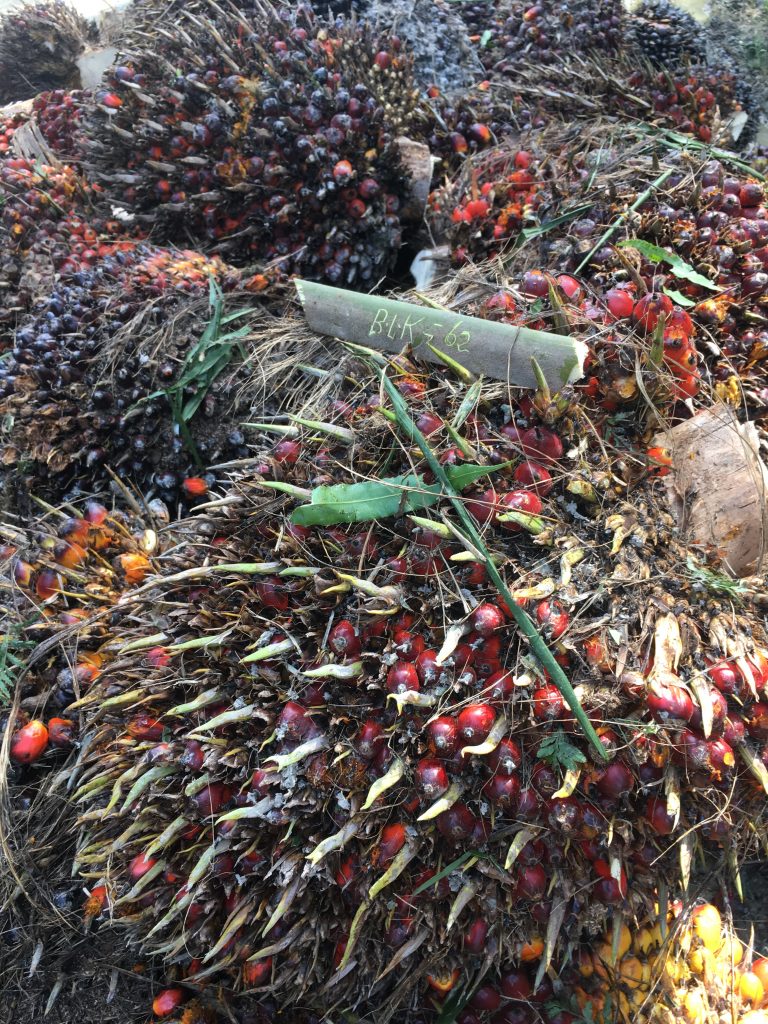How can one ensure that a crop or a product was produced sustainably? A common approach is the use of voluntary sustainability standards (VSS). Ideally such standards are created in a multi-stakeholder setting, involving producers, smallholders, processors, traders, retailers, financeers and civil society (NGOs). A standard contains the sustainability requirements that must be fullfilled to obtain a certificate. Compliance is verified by independent auditors. Often standards are associated with labels and prominent logos. Examples of VSS are FSC, Fairtrade, MSC, BCI, RSPO or BioSuisse, to include a local domestic standard.

I have been involved in the development of the leading palm oil standard of the Roundtable on Sustainable Palm Oil (RSPO) and the Palm Oil Innovation Group (POIG)‘s verification indicators. I have carried out benchmarkings of various palm oil standards and provided consultation inputs to their revisions.
Other commodity standards that I am familiar with include soy and timber/paper. Together with colleages at WWF we adapted and revised the Certification Assessment Tool (CAT), a global benchmarking tool for VSS.
Beyond standard systems I have also been involved in the governance of the High Conservation Value Resource Network (HCRN), which has developed various methodologies to identify, protect and manage areas with high conservation values.
Finally, as a Swiss organic producer, I have first-hand knowledge of the challenges associated with implementing standards and auditing.
Expertise: Standards development, verification, benchmarking